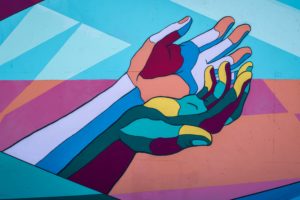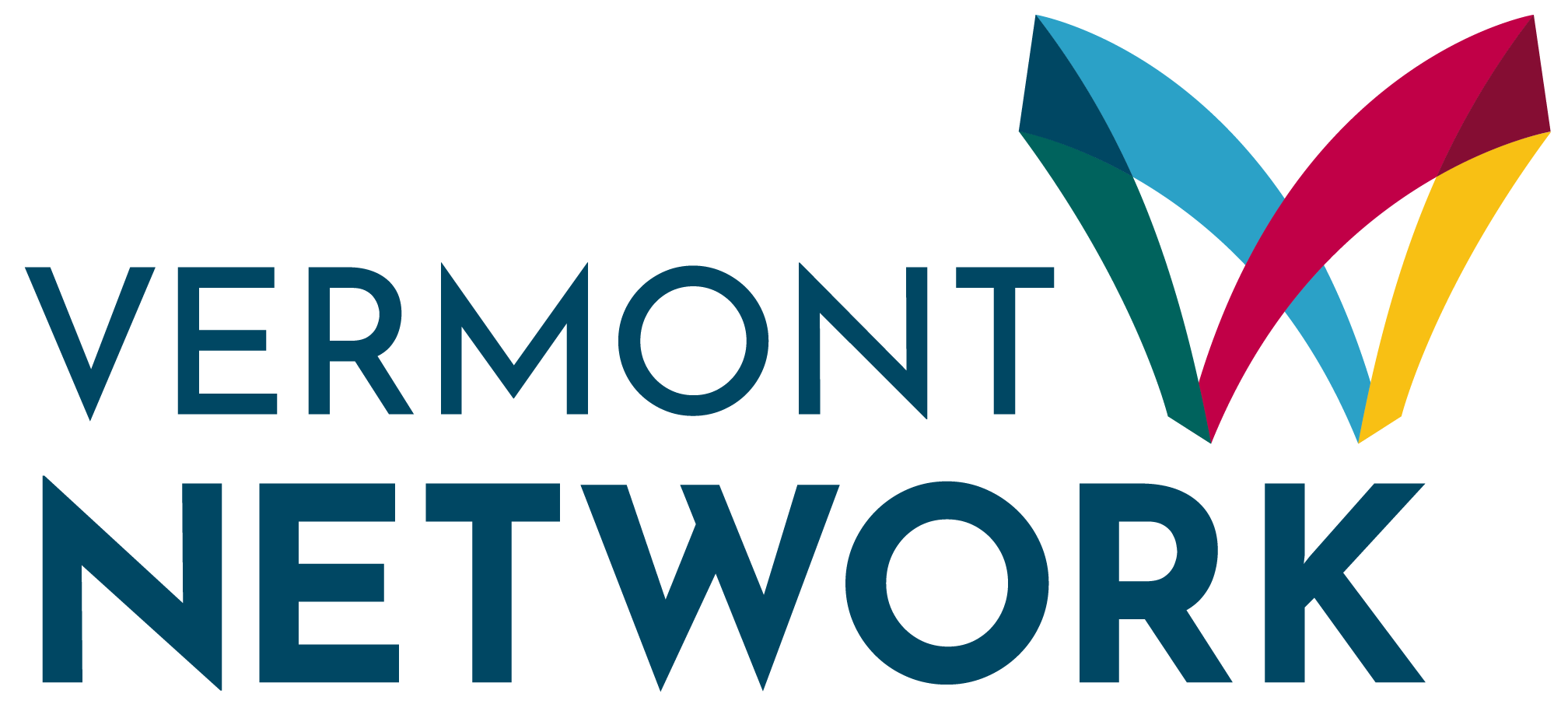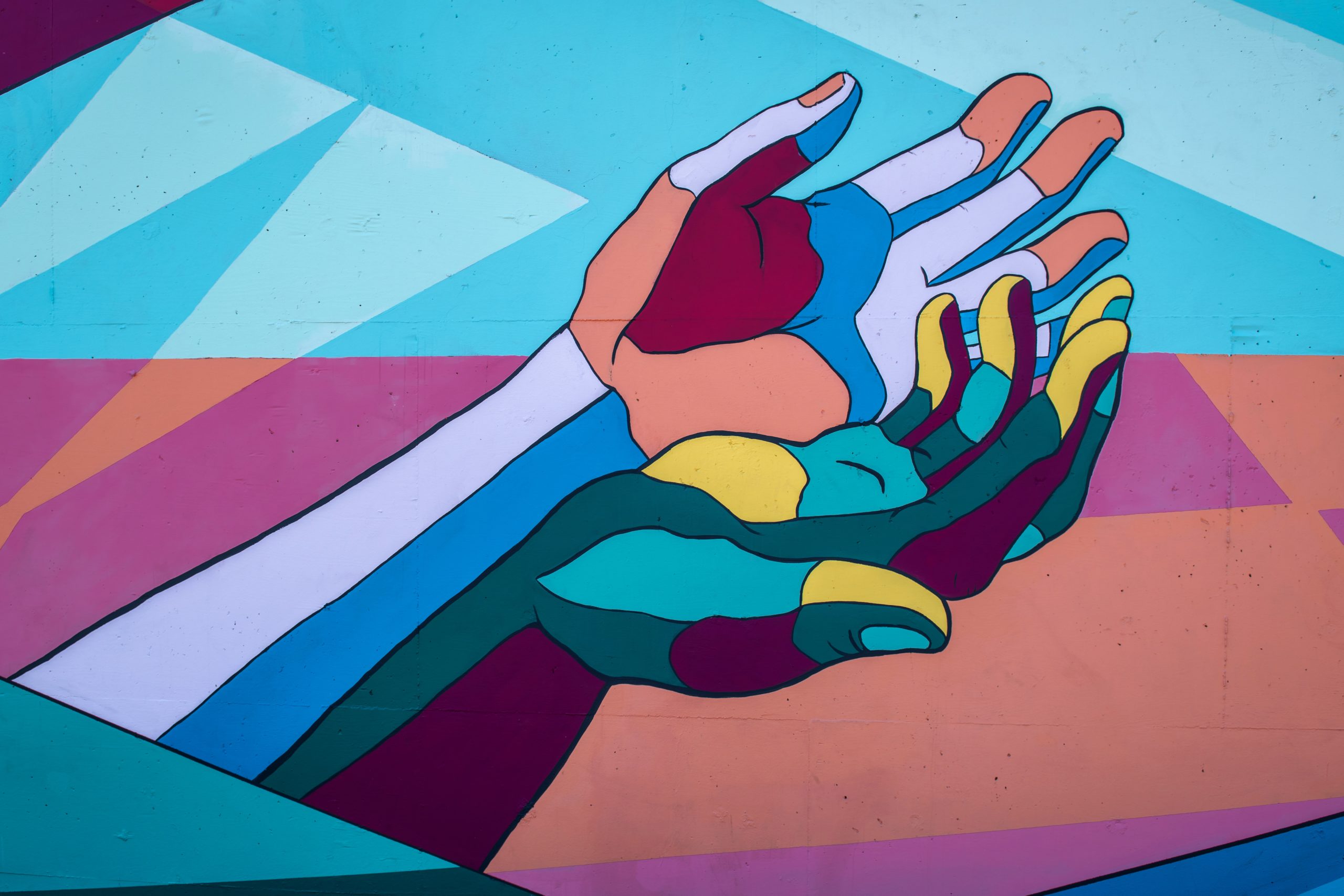Advocacy Week- Repair
[vc_row][vc_column][vc_column_text]The Network’s membership community invests every day in the future we are building together, for all of us. This happens through the work they do and the way they do it. By investing in Voice, Repair, Freedom, Justice and Community, Vermont’s local sexual and domestic violence advocacy organizations are living into a world where all people can thrive.
Advocacy Organization Appreciation Week is a time to shine a light on these investments. Each day we’ll hear from people doing the work in their communities. Their insights can help propel us all to consider where and how we are investing in the future we need, and fuel the joyful collective work of building it together. Today, advocates from the organizations Mosaic, Safeline and WISE talk about investing in the idea of Repair.
INVESTING IN OUR VISION: REPAIR
By Chani Waterhouse, Director of Member Relations
“Hope is a discipline.” — Mariame Kaba

What do we mean by Repair? The truth is, we don’t fully know yet.
In their 2019 book Fumbling Towards Repair, Shira Hassan and Mariame Kaba open by explaining how they value being generous and generative in their work toward repair, emphasizing that “we give ourselves permission to be students of this work and not experts.” In the Vermont Network membership community, we have come to see Repair as a crucial investment in the future we are manifesting for our descendants. We also recognize see that we have much to learn about how to engage in this work, both individually and collectively. For humans impacted by sexual and domestic violence, systemic racism and other oppressions, repair is a process not an outcome. It feels both exploratory and emergent and also as an obligation we have to each other if we are to stay in relationship and in community.
Mary Mackie, an advocate with Mosaic, noted that the meaning of Repair must be self-defined, and at the same time, “Having everyone invest in repair for folks is so necessary. It is an individual journey, but you can’t do it all by yourself.” The relational nature of Repair also emerged in conversation with Judy Szeg and Lynn Rollins of Safeline, who shared their thinking about the process of repair for individuals. Lynn sees Repair as “the process of healing and coping and working away from distress.” In her role as an advocate, she is intentional in building authentic and supportive relationships with survivors that create space where repair can happen. She always “prioritizes being non-judgmental, listening and asking questions that are not harmful.” Judy noted “the folks we work with understand that we are there for the long haul, for as long as they want to be connected with us.” Relationships – and Repair – require time, patience and commitment.
Bethany Hartt of WISE also sees Repair showing up in the way she supports survivors to meet basic needs However, “often the resources available don’t begin to scratch the surface of what it means to repair something for someone.” Bethany talked about the deeply destructive impact of homelessness in the lives of many survivors of sexual and domestic violence, naming that “Every human is important and deserves to be happy, healthy and housed. Housing is a human right,” and the systemic harms of poverty and homelessness need to be repaired at a societal level to lay a foundation for other kinds of repair to be built upon.
Bethany and her WISE colleague Celine agreed that investing in repair is crucial to creating their vision of a better world. As Celine explained, “True repair looks like not just treating the symptoms but changing the conditions that allowed the harm in the first place.” For WISE, “…gender based violence is not just about a perpetrator and a victim, but also about the entire community that surrounds this.” Mary agreed: “The fact that sexual harm exists means that our communities are broken in some way.” At Mosaic, conversations include “trying to build more historical and cultural repair” in their approach to individual and community advocacy. “There are so many ways people are limited by systems of oppression, and access to healing should not be one of them.”
Celine offered a vision for a future where “Instead of this system of violence and degradation, there are only individual acts of harm and very strong community practices to address it that could look a lot of different ways. In 25 years I hope we have a much better understanding of what that could look like.”[/vc_column_text][/vc_column][/vc_row]

